Sarah Tarca and Sherine Youssef are beauty journalists and the creators of Australia’s first weekly beauty newsletter, gloss etc, where they serve up beauty truths, no BS reviews on products they’ve actually tried, and bully people into wearing sunscreen. Sign up here.
Sigh. Are we really having the anti-sunscreen conversation again?
It took me a long time to write this article. I had maybe seven different intros, all laced with various levels of rage, including my personal favourite, “the anti-SPF movement is a blind pimple on the back of the beauty industry”. It’s not that I didn’t want to write it, or even that I didn’t have the right information, it’s because a journalist is supposed to be unbiased — it’s one of the first things you learn at journalism school and this is one topic I simply cannot be unbiased about.
So instead, I’m going to tell the story, lay the facts down like delicious snacks, and have faith that you know the right choice is always the SPF, and also the potato-based products.
What the hell is going on?
The anti-sunscreen movement is not new, but it does have a new vessel by which to spread its misinformation: that vessel is, of course, TikTok. Yes, from the WellnessTokGods that brought us such hits as the tanning nasal spray, comes a new wave of influencers who “don’t believe in sunscreen,” or worse, are out there happily spreading misinformation about all the “harmful chemicals” in it, which lacks both context and nuance.
I’m really going to try and not get emotional here and just gift you with some facts:
- The estimated number of new melanoma cases in Australia in 2023 was 18,257
- The estimated number of deaths from melanoma in 2023 was 1,314
- Around 2 out of 3 Australians will be diagnosed with some form of skin cancer in their lifetime.
- Sunscreen, when used according to instructions and reapplied every two hours, helps prevent melanoma, alongside wearing protective clothing, seeking shade, sunglasses and a hat.
These aren’t up for debate, irrespective of how many olive-skinned beauties may tell you otherwise.
But everyday? Really?
The official recommendation by the Cancer Council in Australia is to use sun protection when the UV index is 3 or above, and yes, they even have a handy (free) app where you can check this every day just to be sure. No, your eyes aren’t the best judge of the UV index, and neither are clouds, or even the temperature because UV can’t be seen or felt. So if you really don’t want to wear it daily, check the app daily.
The problem is most people aren’t that diligent, so when beauty editors say to wear sunscreen every day, that's because a daily habit means you’re always protected, and that means protected from the non-cancer related damage the sun can do, too (the above rec is specifically related to skin cancer). This is the exact same reason that the Cancer Council recommends one teaspoon of sunscreen for the face/neck and ears, while official testing standards are 1⁄4 teaspoon for the face: most people can’t/won’t judge the correct amount, so it’s better to have too much than too little.
Now for my next trick, I will attempt to shoot down some of the more common arguments that the anti-sunscreen crew have been spewing all over the internet.
The chemical argument
Yes, most sunscreens contain chemicals. So do most beauty products and cleaning products etc etc. You know what else is a chemical? Water. The nuance is in the usage and dosage.
Now I am not a chemist or a scientist, but Dr. Michelle Wong, aka: Lab Muffin, is, and she has covered/debunked just about every myth relating to chemicals in sunscreens, including all the endocrine disruptors fear mongering, so I urge you to trawl through her back catalogue if you want to put your mind at ease.
One of the other great myths Dr. Wong debunks is the idea that “mineral” sunscreens are better than “chemical” ones. It was long thought that the two work completely differently, with chemical sunscreens absorbing UV and converting it into heat, and mineral sunscreens sit on skin’s surface “reflecting and scattering” the rays. The latter is true of mineral sunscreens, but they only scatter and reflect 5-10% of the rays—the rest is absorbed and converted, just like its chemical counterparts. The big difference is in the ingredients and if you're a sensitive type, a mineral SPF might suit you better as it may be less likely to irritate the skin, however the downside is its potential to leave a white case, which rules out darker skin tones.
It’s also worth noting that Australia has some of the strictest regulations in the world when it comes to sunscreen — just ask any formulator who’s tried to enter our market. In Australia, sunscreens are regulated by the Therapeutic Goods Administration and governed by the same rules as pharmaceuticals that claim a therapeutic benefit and as such, are listed as medicines. Just using basic common sense here, but don’t you think to pass these regulations to get to market, there would’ve been a fair bit of testing done on the ingredients and their safety?
The vitamin D argument
The other big concern lately is about vitamin D deficiency. And look, the concern is warranted because even in Australia, almost one in four people have a vitamin D deficiency. And the best source of vitamin D is in fact exposure to sunlight (specifically UVB radiation). But! Sunscreen is not the enemy here. Because as studies have confirmed, the use of sunscreen doesn’t impact vitamin D synthesis. This is likely because the parts we miss with our shoddy sunscreen application (I’m including myself here) or the parts we didn’t cover with sunscreen get enough of the UV. Most people will reach adequate levels of vitamin D through incidental sun exposure, but in winter, when the UV index is under 3, the Cancer Council recommends spending time outdoors in the middle of the day with some skin exposed (this could just be your hands).
Bottom line: sunscreen is not your enemy. So sod off, Internet, and go find someone else to pick on.






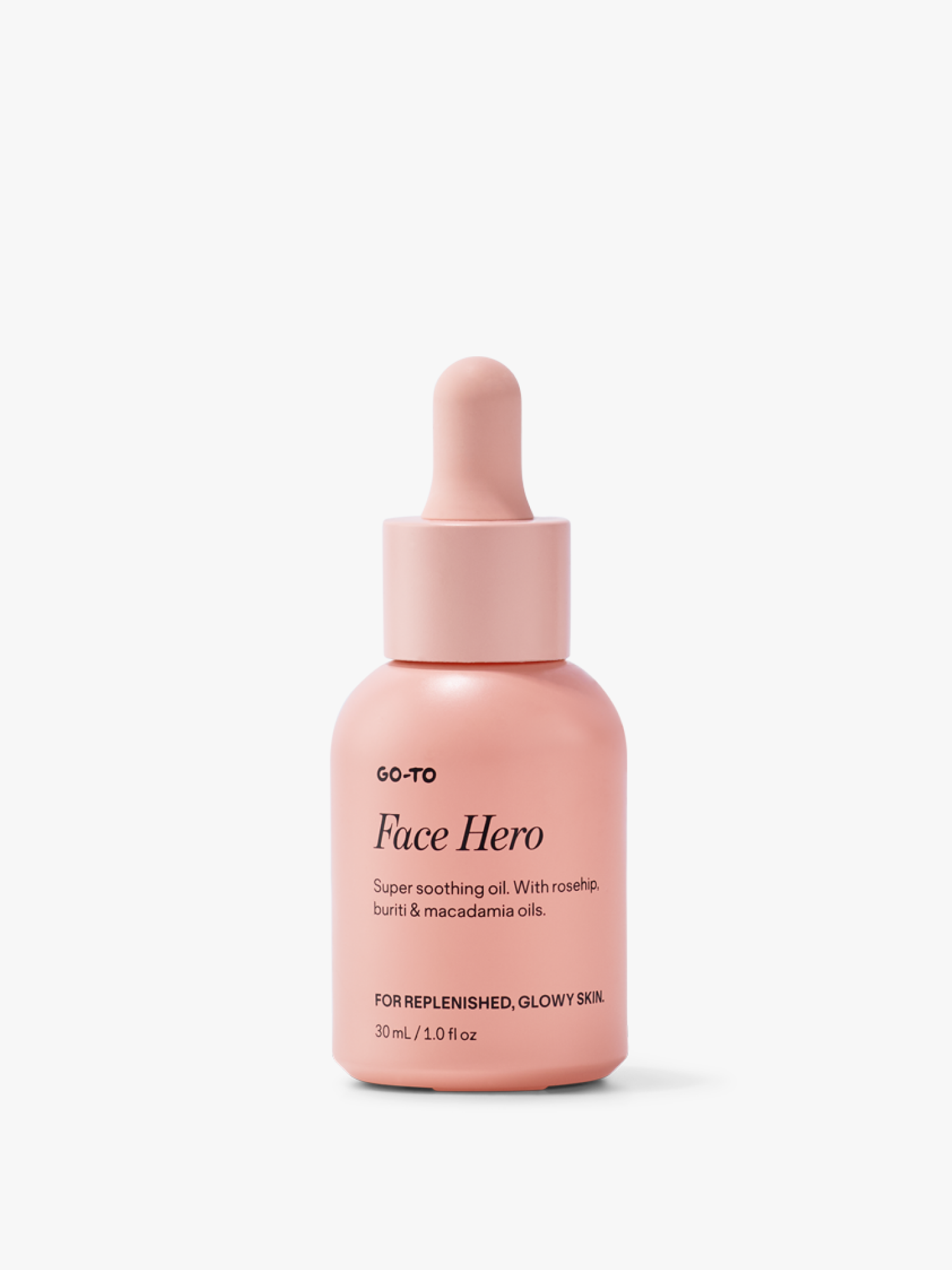
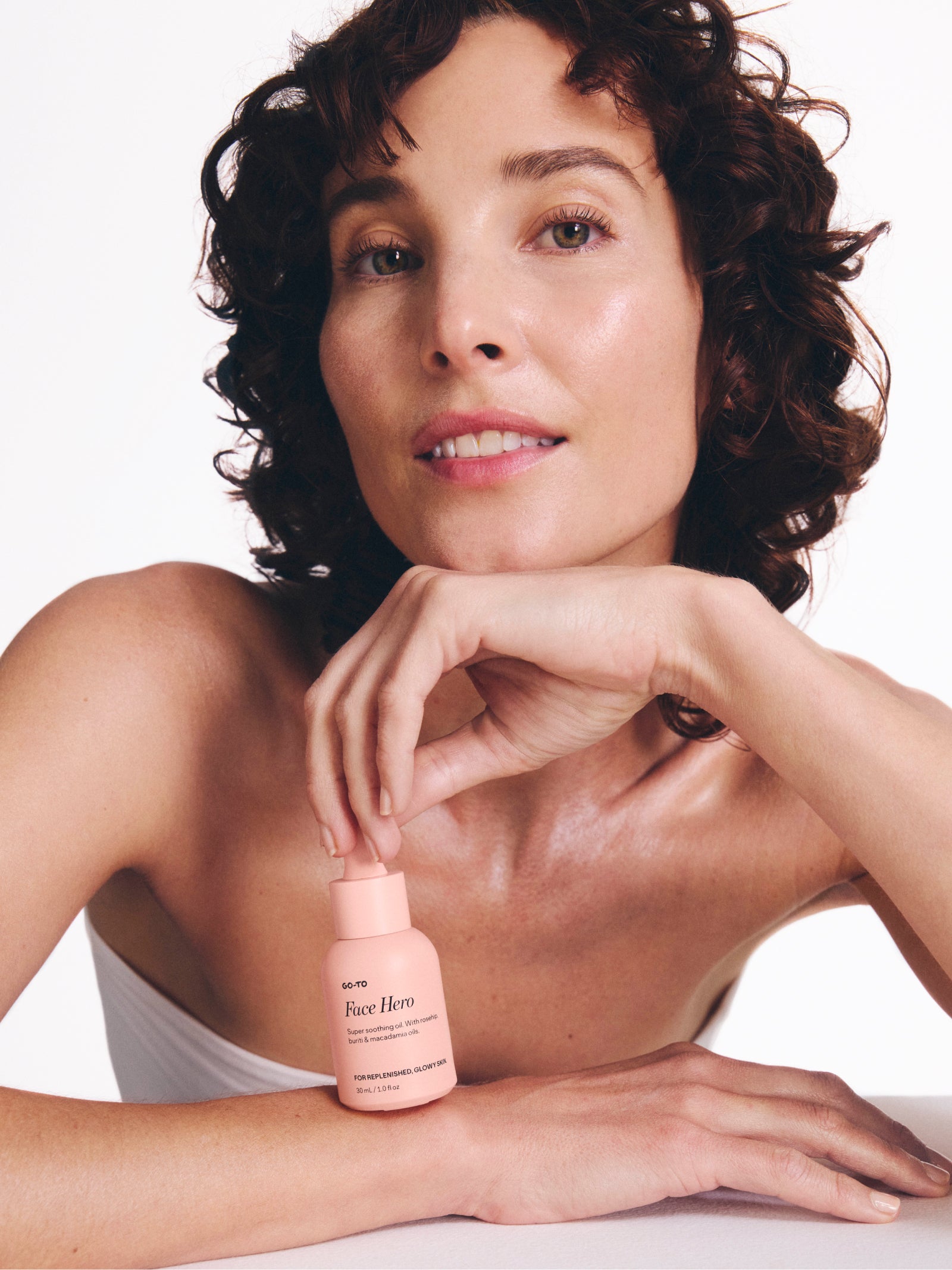

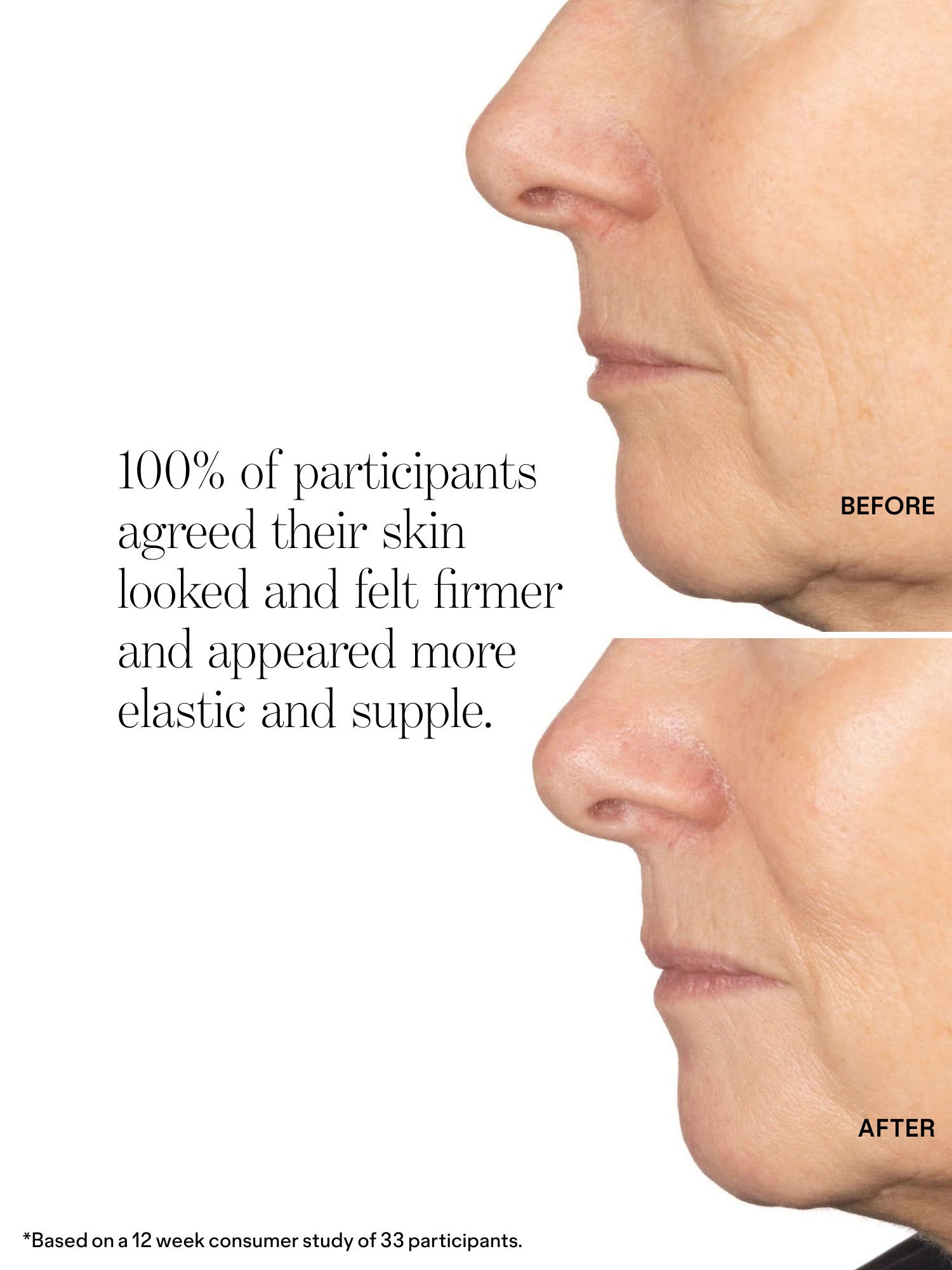
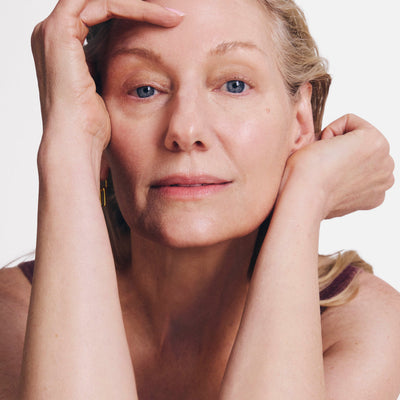
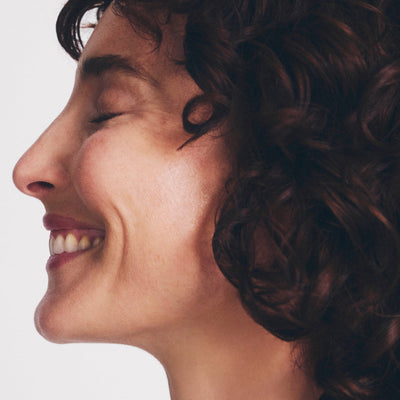
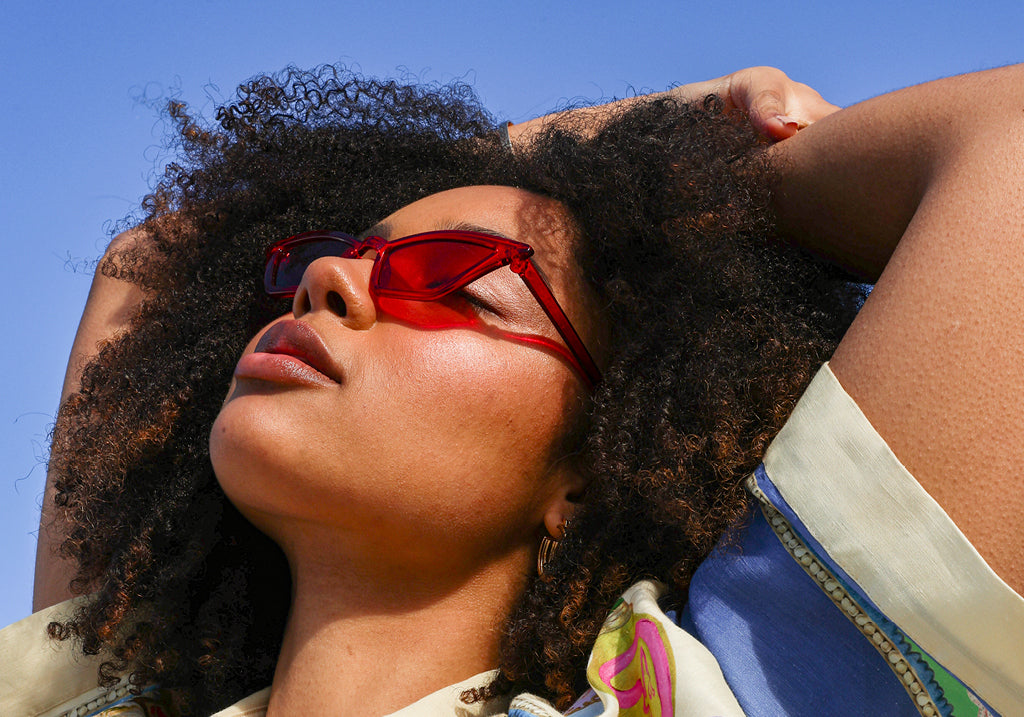


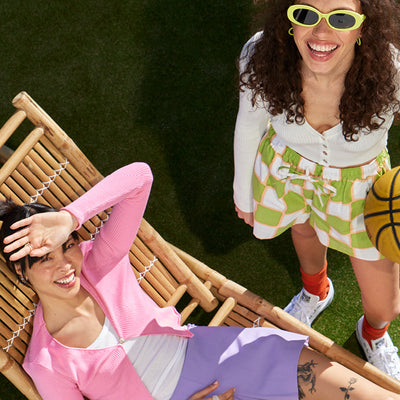
Comments